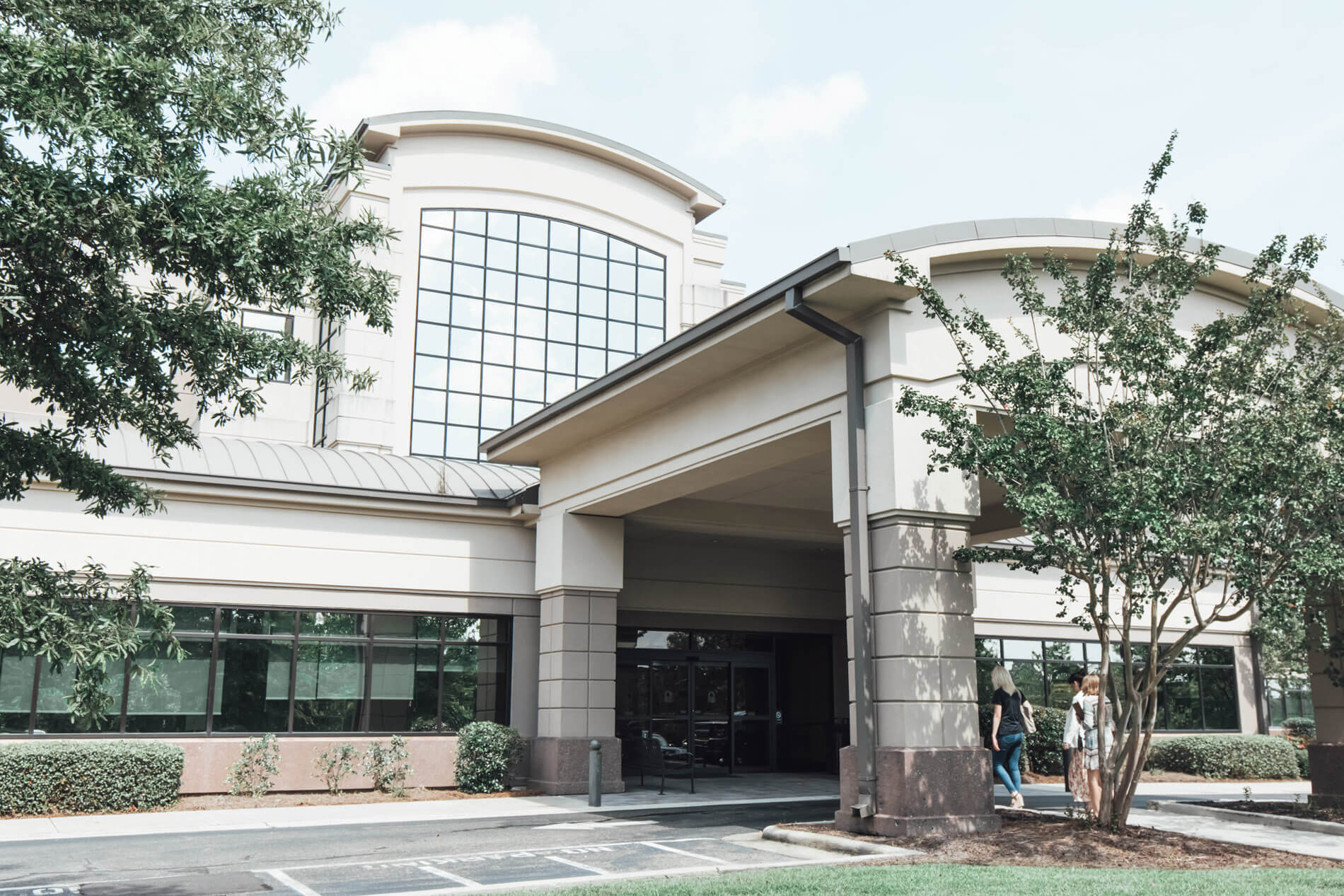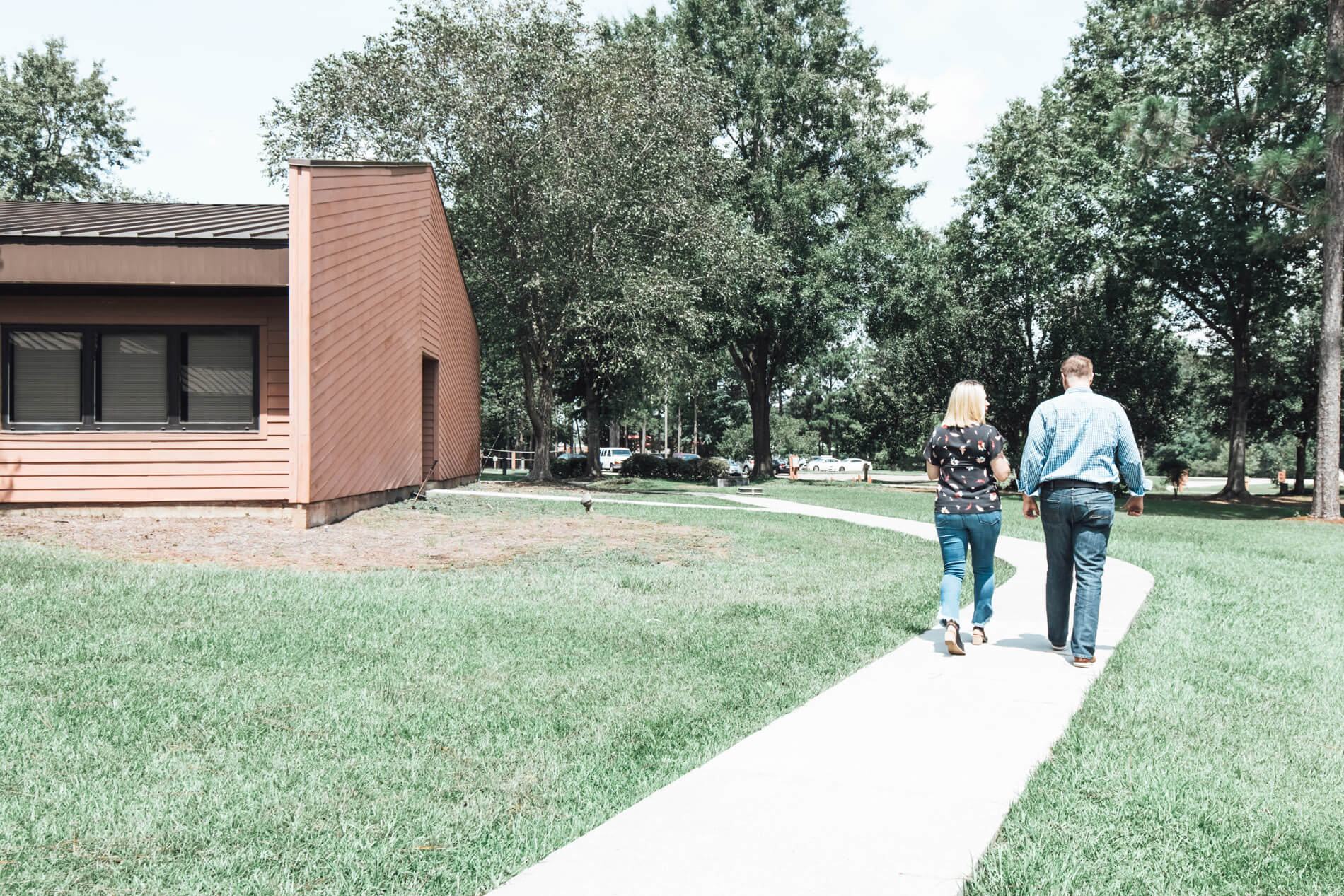PTSD Symptoms
Trauma’s effects can be long-lasting, changing your mood, behavior and ability to trust others. After terrifying or life-threatening experiences, millions of people develop a mental health condition called post-traumatic stress disorder. Though PTSD can be overwhelming, it is possible to learn to manage the symptoms with treatment. As a tribute to the last day of PTSD Awareness Month, we wanted to provide some insights to common questions about PTSD and PTSD recovery.
What Causes PTSD?
Everyone responds to trauma differently. For example, you and your spouse might get in a car accident together, yet only one of you goes on to have PTSD. Most people who experience traumatic events temporarily struggle to adjust, but they usually feel better with time and self-care. Unfortunately, that isn’t the case for everyone.
Why do some people have PTSD and others do not? Researchers have identified a couple of reasons for this.
-
- Genetics: If mental illness runs in your family, that can influence how you handle stress.
- Environmental factors: Existing mental health conditions, family dysfunction, a lack of healthy support and other variables can affect whether you develop PTSD.
Signs of PTSD
Hallmarks of PTSD include intrusive flashbacks, hypervigilance, irritability, emotional numbness and insomnia. If these symptoms increase in severity, last a long time and interfere with your daily function, see a doctor or psychiatrist. They can diagnose you with PTSD after a psychological and physical examination.
Other PTSD symptoms include:
-
- Relationship problems
- Hopelessness
- Difficulty concentrating or remembering information
- Extreme negativity, guilt and shame
- Self-destructive behavior such as substance abuse
- Avoiding any reminders of your traumatic experience
PTSD’s intensity can fluctuate over time. For instance, you may feel worse when you’re stressed. While the symptoms ebb and flow, they are unlikely to go away on their own. A therapist or peer group can validate your experiences and teach you strategies for managing your mood.
What Happens During a PTSD Attack?
During a PTSD attack, you may experience intense symptoms that last for hours, interfering with your ability to fulfill your responsibilities. Nightmares and flashbacks can force you to relive your trauma, causing intense fear, dissociation and feeling disconnected or detached.
A PTSD attack can also manifest physically in symptoms like shaking, sweating, difficulty breathing and a racing heart rate. Though PTSD attacks are not medically dangerous, the sudden onset and severity may make you fear that your life is in danger.
Living with PTSD can be overwhelming. You might feel stressed more often and rearrange your life to avoid unpredictable triggers. The daily fear and anxiety can adversely affect your relationships, mental health and overall well-being.
PTSD Treatments at Pine Grove
Therapy can help you manage your PTSD, process your trauma and enjoy a better quality of life. Pine Grove’s psychiatric program addresses mental health concerns, while offering proven dual-diagnosis treatment for co-occurring substance use disorders.
Our dedicated psychiatrists and psychologists provide comprehensive assessment for a range of disorders, including depression, anxiety and mood disorders. Inpatient, outpatient and partial hospitalization options are available to fit your lifestyle and needs. Contact us when you are ready to learn more.







